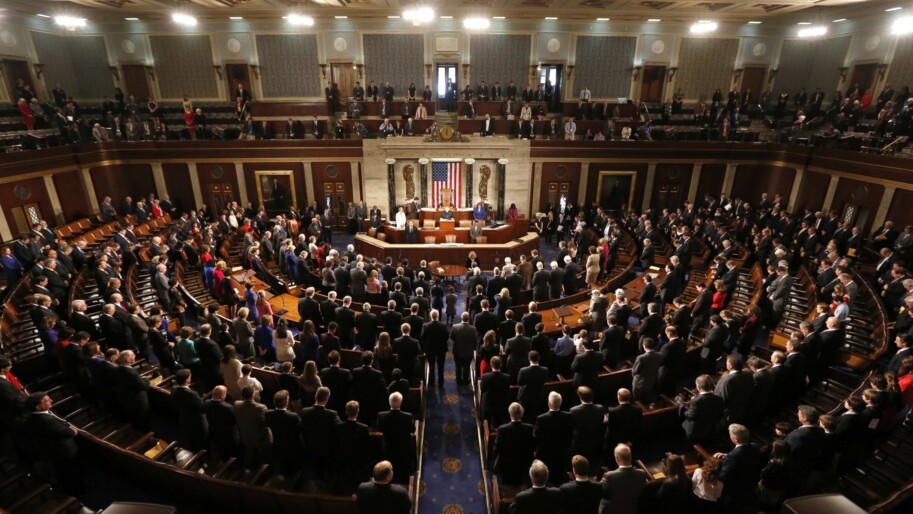After suffering this year from the quadruple blow of Harvey-Irma-Jose-Maria, record breaking temperatures in California and Arizona, and fires that ravaged more than 8 million acres in the West, including the shocking new megafire phenomenon that Northern California just endured, it is high time for full scale climate leadership. By this I mean far more than recognizing it as an issue. I mean taking full-throttled action to protect us from catastrophic climate instability.
Yes, the President is tone deaf on this issue and is out of step with the heads of state of the 196 countries signed on to the Paris Climate Accord. Yes, it would be politically risky for a Democrat, and especially a Republican, to make climate protection the top priority of their legislative agenda, or at least that is common wisdom.
But times are rapidly changing. Recent polls show that a majority of Americans (61%) are worried about climate change and a growing number (19%) are very worried. Even more encouraging is that 83% of Republicans and 97% of Democrats support building more solar plants, and numbers on expanding wind generation are similar. Although climate does not make the top ten of most Americans’ priority issues , that is at least partly an issue of framing and how our leaders talk about this issue. I am arguing that the way the issue is framed and presented to the public has to change.
Although Sanders and Clinton both made climate and renewable energy part of their campaigns, the United States and the world need a national leader who makes climate their centerpiece issue. Such a leader would have with them a very strong coalition including every major scientific institution and the U.S. military which has long understood that climate chaos poses a huge security threat. A substantial portion of the business community would also stand with this leader, companies like Google, Apple, Microsoft, Starbucks, Nike, DuPont, Levi Straus, Monsanto, Kellogg, Unilever, eBay and three hundred others including some big Wall Street players.
If the economic argument is made forcefully as the renewable energy industry continues to grow, there is an opportunity to pick up Trump voters who will become disenchanted when Trump’s fantasy of revitalizing the coal industry is exposed as wishful thinking by market forces.
Imagine if a political leader consistently acknowledged the threat of climate change and the scientific consensus on this subject, and at the same time emphasized that clean energy and other climate solutions will create millions of jobs and new business opportunities. This leader would propose a well-designed carbon price, which would address climate change while helping rectify the growing gap between the rich and poor that threatens our economic and social stability. He or she would draw on a long tradition of U.S. global leadership, similar to President Roosevelt, who mobilized the U.S. to face the Axis threat during World War II. Fundamental American values like patriotism and ingenuity could be enlisted in the fight against climate change, leaving a legacy of economic transformation.
A proactive policy approach to climate change would go a long way to repairing the damage that Trump has done to U.S. prestige abroad by recklessly pandering to his base and pulling out of the Paris Accord. If we were cooperating with allies and others on this global issue, we might find common cause on other complex issues.
The role of our political leaders is to share a compelling vision and build a pragmatic political coalition to get us there. There are plenty of policies that we know will begin to move us away from climate Armageddon. These include: A price on carbon (preferably through a cap and dividend structure that forces polluters to pay and rebates money to low and middle income families), the elimination of oil and gas subsidies, the acceleration of renewable energy and energy storage, on-going incentives for electric vehicle purchase, reducing food waste and decarbonizing agriculture, and reforestation both at home and abroad. Solutions abound. It is finding the sustained political will to implement them that is in scarce supply.
While leadership on this issue is more likely to come from the Democratic Party, national leadership from a conservative Republican would make an even more profound impact. Studies indicate that in climate communications, the messenger is as important as the message, and the roughly 40 percent of Americans who identify as conservative do not trust Democratic politicians. Liberals who already believe in climate change and climate policy solutions are more likely to support anyone who is advocating for them – even Republican lawmakers.
This scenario in not total fantasy. Among younger conservatives, there is hope. A survey of young conservatives ages 18 to 30 found that 85% of them agreed that climate change was happening and 77% acknowledged that humans have played a significant role in creating the problem. [3] And when policies to address climate changed are framed in a way that supports the economy and national security overwhelming majorities of them were in favor. So, a demographic change maybe under way that will shift the party towards climate sanity.
Polls, of course, represent possibilities and challenges; they are not destiny. They provide data on the thoughts and moods of the public that an adroit leader can use to frame the messaging for a policy that is clearly in the public interest.
In 1962, few Americans would have named getting a man on the moon as a top priority. Nevertheless, President Kennedy declared that the nation would do this within a decade. He galvanized Americans around a common goal and the country achieved it. This is the kind of vision and sustained leadership we require now for climate stability.
If we want our political leaders to step up, then we will have to lead ourselves. People must demand action on climate from elected leaders on every level. Even the best of them need encouragement, political cover, and accountability. Climate may feel like an inconvenient and hopeless orphan in the fractious time of President Trump, but we must build a coalition now that will get our country on course for a sustainable future. Along the way, we will discover that we can still do great things together, and we will provide an example of which we’re proud to the rest of the world
Barry Vesser is the Deputy Director at The Climate Center


